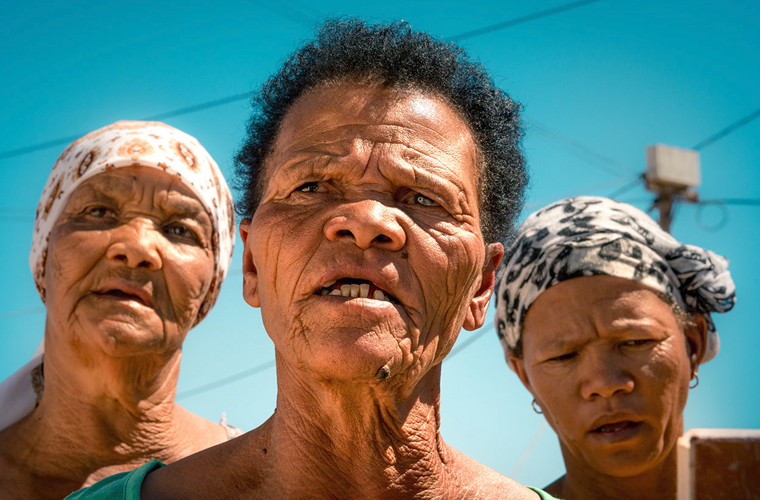The Namaqua people are a group of indigenous people located in the western part of South Africa and Namibia. They are known for their rich cultural heritage and unique way of life, which has been shaped by their environment and history. The Namaqua people have a long history of living in the arid and semi-arid regions of southern Africa, where they have developed a deep understanding of the land and its resources. Their traditional way of life revolves around herding livestock, particularly sheep and goats, and engaging in small-scale agriculture. They have also traditionally been skilled hunters and gatherers, relying on the diverse plant and animal species found in their environment for sustenance.
One of the most distinctive aspects of Namaqua culture is their language. The Nama language, also known as Khoekhoegowab, is a click language that is unique to the Namaqua people and closely related to other Khoisan languages spoken in southern Africa. The language is an important part of the Nama identity and is used in everyday communication, storytelling, and ceremonial rituals. The Namaqua people have a rich oral tradition, with storytelling playing a central role in passing down their history, traditions, and cultural practices from one generation to the next. Through storytelling, the Namaqua people preserve their knowledge of the land, their spiritual beliefs, and their customs, ensuring that their cultural heritage continues to thrive.
In addition to their linguistic and oral traditions, the Namaqua people are known for their vibrant artistic expressions. They are skilled in crafts such as pottery, beadwork, and weaving, creating intricate and colorful designs that reflect their cultural identity and connection to the natural world. These artistic traditions have been passed down through generations and continue to be an important part of Namaqua’s cultural expression. The Namaqua people have also faced significant challenges throughout history, including colonialism, displacement from their traditional lands, and marginalization. Despite these challenges, they have persevered and continue to assert their rights to their ancestral lands and cultural heritage.
Today, the Namaqua people are working to revitalize and preserve their cultural traditions, while also adapting to the modern world. Efforts are being made to document and record traditional knowledge, language, and customs, as well as to promote cultural exchange and collaboration within the Namaqua community and with other indigenous groups. In recent years, there has been a growing recognition of the importance of indigenous knowledge and practices in addressing contemporary environmental and social issues. The Namaqua people’s deep understanding of their environment and sustainable resource management practices have become increasingly relevant in the context of climate change and biodiversity conservation.
As the Namaqua people navigate the complexities of the modern world, they continue to draw strength from their cultural heritage and close connection to the land. Their resilience, creativity, and commitment to preserving their traditions make them an important part of the cultural tapestry of southern Africa.


